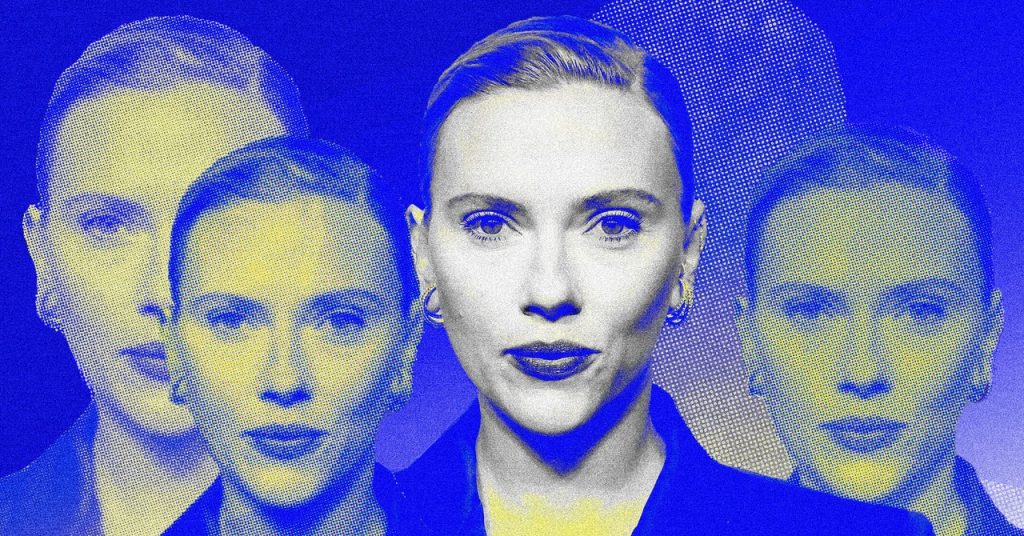OpenAI’s Controversial Voice Demo: Legal and Ethical Implications
Scarlett Johansson’s Reaction
In a recent product demo, OpenAI showcased a synthetic voice that closely resembled Scarlett Johansson’s. Johansson expressed her shock and disbelief, stating that the voice was so similar to hers that even her closest friends couldn’t tell the difference. She revealed that she had previously declined a request from OpenAI’s CEO to use her voice.
“We are sorry to Ms. Johansson that we didn’t communicate better.”
Legal Precedents and Expert Opinions
Johansson’s dispute with OpenAI has drawn attention, especially in light of ongoing lawsuits against the company by artists and writers. These lawsuits allege copyright breaches for using creative works to train AI models without permission. However, copyright law does not cover voices. According to Brian L. Frye, a professor at the University of Kentucky’s College of Law, Johansson’s case would fall under the “right of publicity.”
Several legal experts referenced a case from the late 1980s, where Bette Midler sued Ford Motor Company for using a backup singer to impersonate her voice in a commercial. Jennifer E. Rothman, a law professor at the University of Pennsylvania, explained that the key issue was whether the imitation confused listeners.
“No one owns a style,”
Rothman added, emphasizing the difference between imitation and recording in someone’s style.
Differing Legal Views
Not all legal experts agree on the strength of Johansson’s potential case. Colorado law professor Harry Surden argued that the similarity between the synthetic voice and Johansson’s was superficial, making a “right of publicity” claim weak. Frye also doubted the strength of Johansson’s case, noting that OpenAI did not imply it was using Johansson’s real voice.
“Juries are unpredictable,”
Surden added, highlighting the uncertainty in such cases.
Potential Legal Challenges
Frye pointed out that right of publicity is a complex area of law with no federal statutes, only a patchwork of state laws. Johansson could potentially bring a suit in California, which has robust right-of-publicity laws.
OpenAI’s defense could be weakened by a tweet from CEO Sam Altman, which many interpreted as a reference to Johansson’s role in the movie Her. Altman wrote, “It feels like AI from the movies,” in a blog post that day.
Public Perception and Speculation
James Grimmelmann from Cornell University suggested that OpenAI’s references to Johansson weaken their defense. Combined with Johansson’s revelation that OpenAI had approached her twice, the company’s claim that the synthetic voice was not meant to resemble her is hard to believe.
“It was a boneheaded move,”
said David Herlihy, a copyright lawyer and music industry professor at Northeastern University.
Some lawyers speculate that the controversy might be a deliberate publicity stunt by OpenAI. Purvi Patel Albers, a partner at Haynes Boone, suggested that the attention generated by the scandal could outweigh any negative consequences.
“What’s the point? I say it’s publicity,”
Albers remarked, noting that everyone is now talking about OpenAI.

3 Comments
Who’s betting Scarlett has better scriptwriters than OpenAI’s legal team?
Scarlett Johansson vs. OpenAI: Are we witnessing the dawn of AI actors suing for misrepresentation?
I’d watch Scarlett in court over an AI any day!